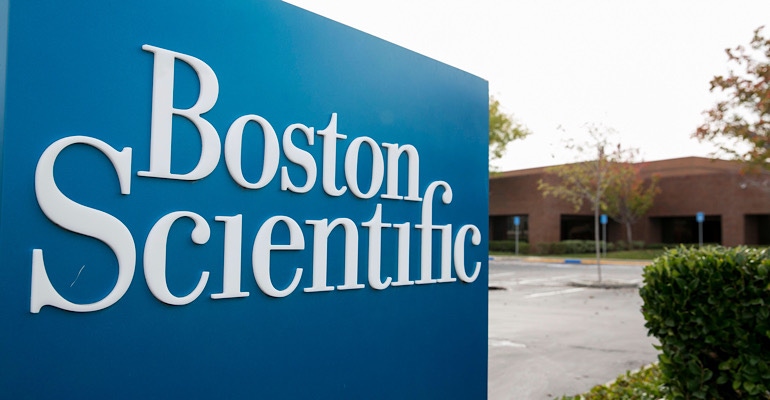Can Boston Sci’s Leadless Pacemaker Stand Out in the Market?
The company recently initiated a clinical trial to evaluate the performance and effectiveness of the mCRM Modular Therapy System.
December 6, 2021

Boston Scientific wants to stand out in the leadless pacemmaker space. The Marlborough, MA-based company said it has initiated the MODULAR ATP clinical trial to evaluate the performance and effectiveness of the mCRM Modular Therapy System.
The system consists of two cardiac rhythm management (CRM) devices intended to work together to coordinate therapy: the EMBLEM MRI Subcutaneous Implantable Defibrillator (S-ICD) System and the EMPOWER Modular Pacing System (MPS), which is designed to be the first leadless pacemaker capable of delivering both bradycardia pacing support and antitachycardia pacing (ATP).
“The S-ICD System, which we acquired from Cameron Health, received CE Mark in 2009 and FDA approval in 2012,” Kenneth Stein, M.D., FACC, FHRS senior vice president and chief medical officer, Rhythm Management and Global Health Policy, Boston Scientific told MD+DI. “The current generation EMBLEM MRI S-ICD System – one of the devices in this trial – received CE Mark and FDA approval in 2016. It is a proven treatment option for the prevention of sudden cardiac death and the only commercially available ICD system to leave the vasculature untouched.”
Stein added, “the EMPOWER MPS, which we developed, is an investigational device and is not commercially available anywhere in the world. It consists of a leadless pacemaker and delivery catheter and is designed to be the first leadless pacemaker capable of delivering both bradycardia pacing support and antitachycardia pacing (ATP). The EMPOWER MPS is designed to work in concert with the S-ICD System and preserve its benefits while offering an option for patients who develop a pacing requirement in the future. It is also designed to provide standalone bradycardia pacing therapy.”
The prospective, non-randomized MODULAR ATP clinical trial will enroll at up to 50 centers in the U.S., Canada, and Europe up to 300 patients who are guideline-indicated for an ICD or who already have an EMBLEM or EMBLEM MRI S-ICD System implanted. The trial will evaluate the system- and procedure-related complication-free rate of the EMPOWER MPS, the communication success between the EMPOWER MPS and the S-ICD System and adequate pacing capture thresholds of the EMPOWER MPS.
“This trial is important because patients who may benefit from receiving an S-ICD System are often implanted with a TV-ICD due to the possibility of a future need for bradycardia pacing or ATP – a therapy designed to painlessly terminate episodes of fast, abnormal heart rates,” Stein said. “Since the EMPOWER MPS device can be delivered percutaneously via a minimally invasive approach without the use of leads, the mCRM System could preserve many of the benefits of the S-ICD System while offering an option for patients who subsequently develop a pacing requirement. By providing an ATP option to those who may require it, our hope is that the EMPOWER MPS may expand the patient population that can benefit from S-ICD therapy.”
The trial begins at an interesting time for the CRM space.
Last month, favorable data from a global study evaluating Abbott's Aveir leadless pacemaker were published in the Journal of the American College of Cardiology: Clinical Electrophysiology, and Abbott said the data has also been submitted to FDA to support approval.
Medtronic has the honor of having the first leadless pacemaker to reach the U.S. market. Thee Dublin-based company won FDA approval for Micra about five years ago.
Stein pointed out how Boston Sci’s technology stands out.
“Like the Medtronic Micra and Abbott Aveir devices, the EMPOWER MPS can function as a standalone pacemaker for patients who only need treatment for bradycardia,” Stein said. “However, neither the Micra nor the Aveir are designed to communicate with an independent S-ICD System to provide ATP as the EMPOWER MPS is designed to do.”
About the Author(s)
You May Also Like



.png?width=300&auto=webp&quality=80&disable=upscale)
